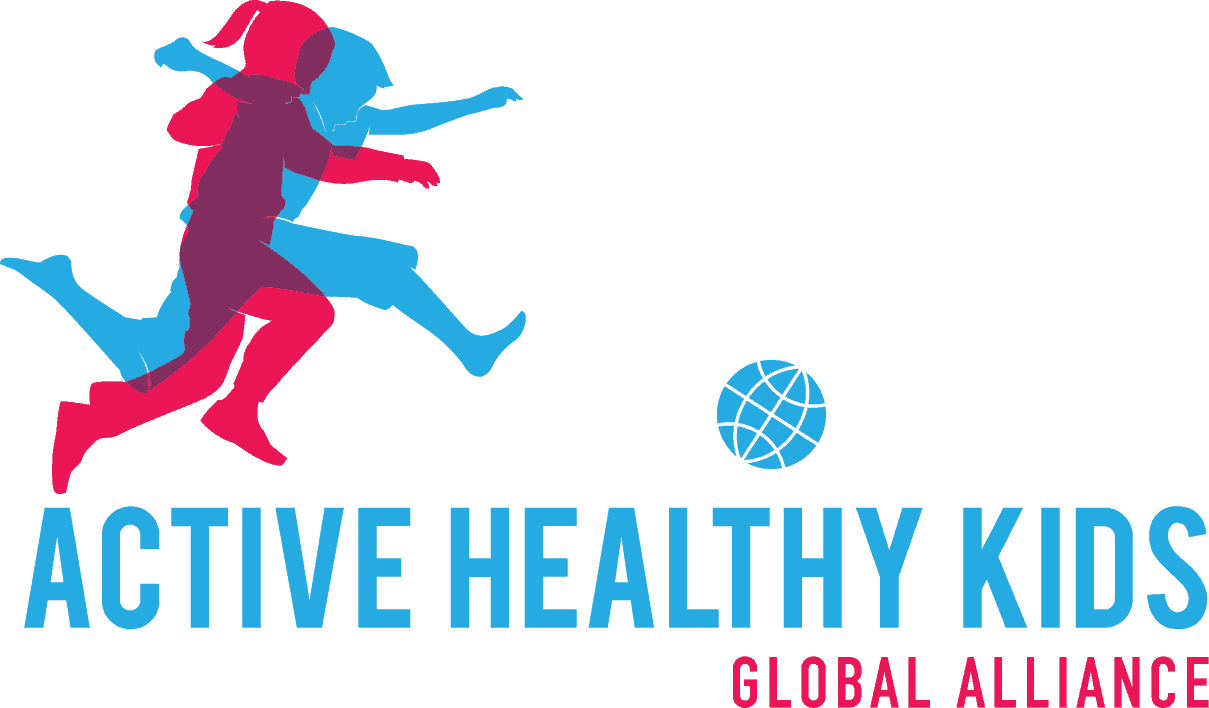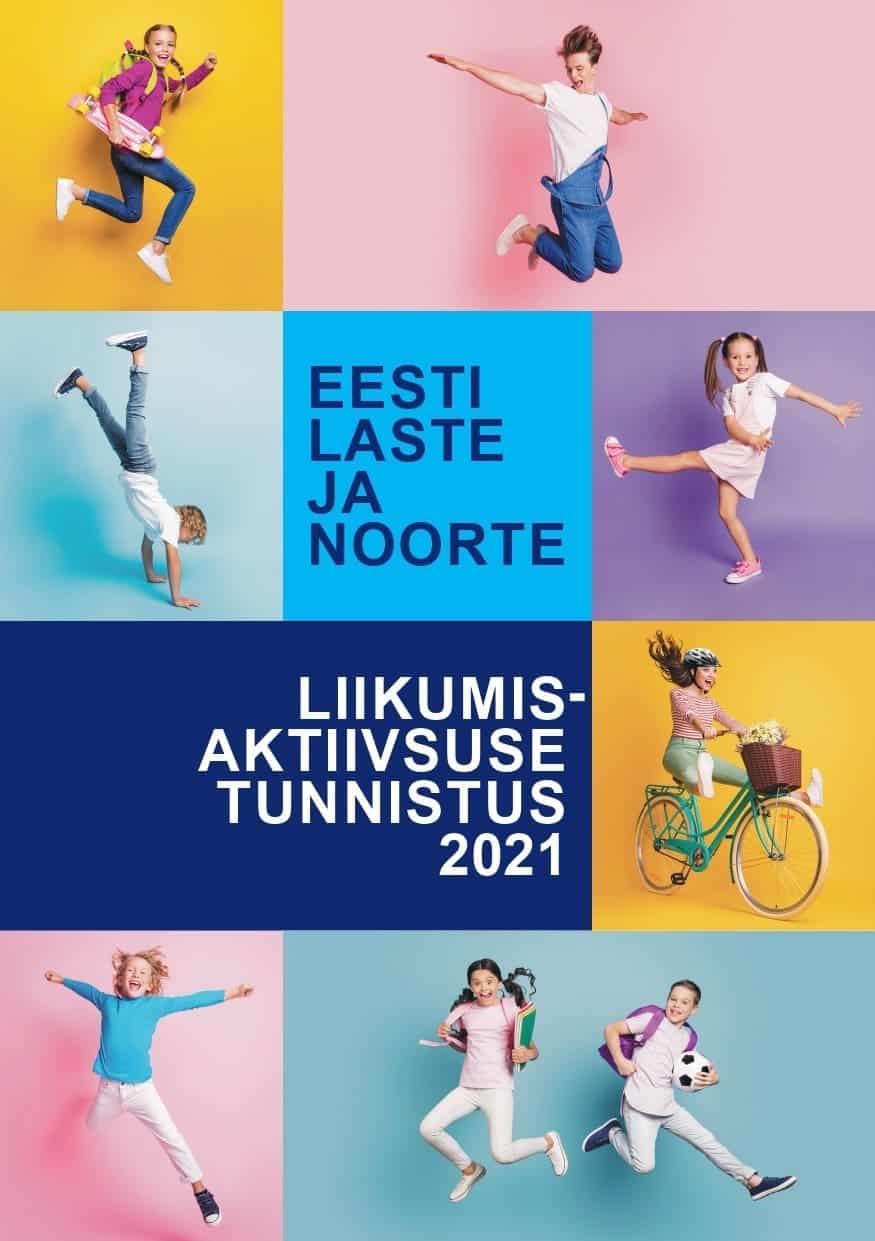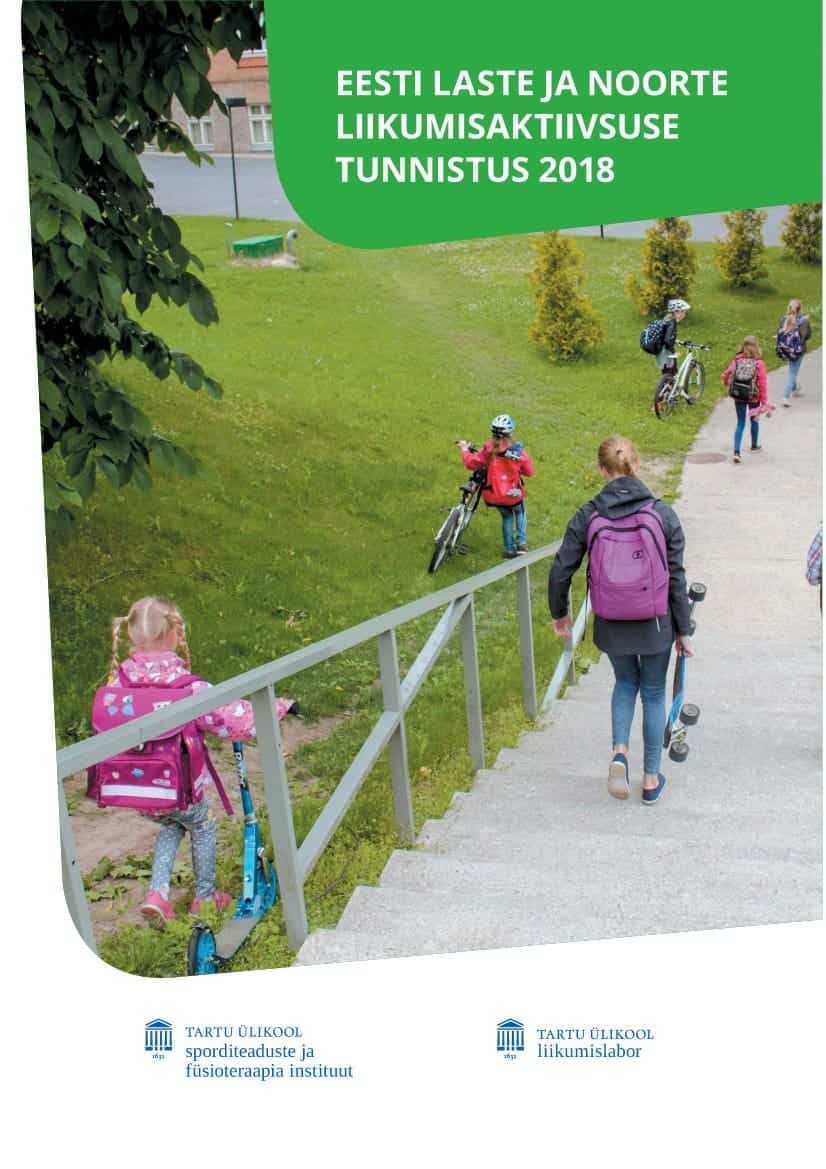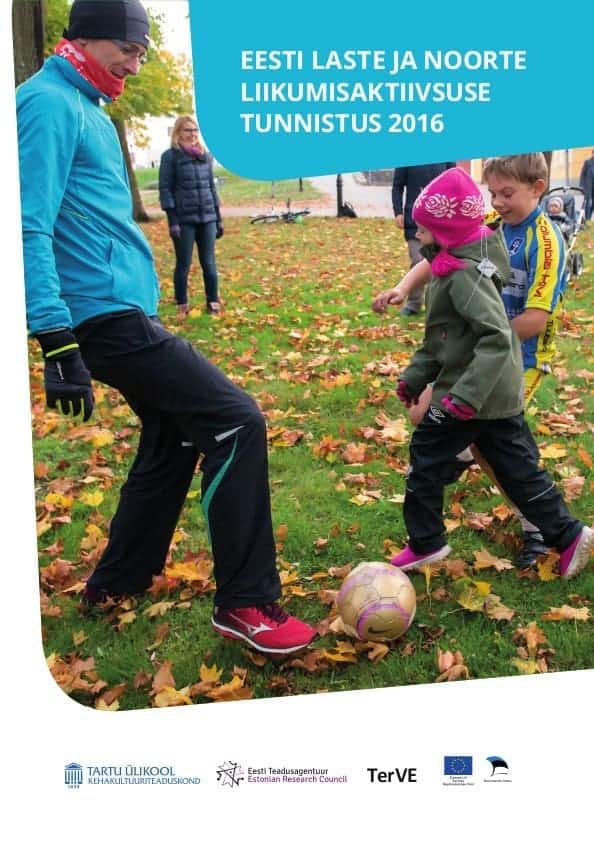Conference Abstract: Movement to Move
The Results from Estonian’s 2018 Report Card on Physical Activity for Children and Youth
Evelin Mäestu, Merike Kull, Kerli Mooses, Jarek Mäestu, Maret Pihu, Andre Koka, Lennart Raudsepp and Jaak Jürimäe
Institute of Sport Sciences and Physiotherapy, Faculty of Medicine, University of Tartu, Estonia
Introduction: Recent data show that only a small proportion of Estonian children and youth accumulate the recommended amount of daily moderate-to-vigorous intensity physical activity (MVPA; ?60 minutes).
Methods: The data sources relied upon were mostly national surveys and documents and included Estonian Health Behavior in School-Aged Children survey (2013-2014), Health Promotion Effectiveness in Estonian Schools (2012-2015), Estonian Children’s Physical Activity Study (2015), Schools in Motion Survey (2018), Health Behavior among Estonian Adult Population (2016), The general principles of the Estonian sports policy until 2030 (2015), The Green Book of Nutrition and Physical Activity (2016), Estonian Sports Register (2017) and Estonian Education Information System (Records for the school-year 2015/2016).
Results:
The results showed that the overall physical activity of Estonian children and youth has slightly increased compared to 2016 Report Card. Active play and sedentary behaviour indicators were graded F, thus more research is needed surrounding the low levels of active play and the high levels of sedentary behaviour to provide interventions for reducing sedentary time through unstructured/unorganized active play.
Table 1. Grades for Estonian’s 2018 Report Card
| Indicator |
Grade |
| Overall Physical Activity |
D- |
| Organized Sport Participation |
C |
| Active Play |
F |
| Active Transportation |
D |
| Sedentary Behaviours |
F |
| Physical Fitness |
INC |
| Family and Peers |
D |
| School |
C+ |
| Community and Environment |
B |
| Government |
B |
Conclusions/recommendations: The results of the present Report Card showed that there is some improvement in physical activity, but the proportion of Estonian children and youth who achieve the recommended levels of daily physical activity is still low. There is need to emphasize the influence of parents on the physical activity of children and youth. Although there are some interventions (eg. Schools in Motion by Research Group of Physical Activity for Health), stronger cooperation between governmental and nongovernmental organizations is needed to develop intervention strategies and programs at different levels.
